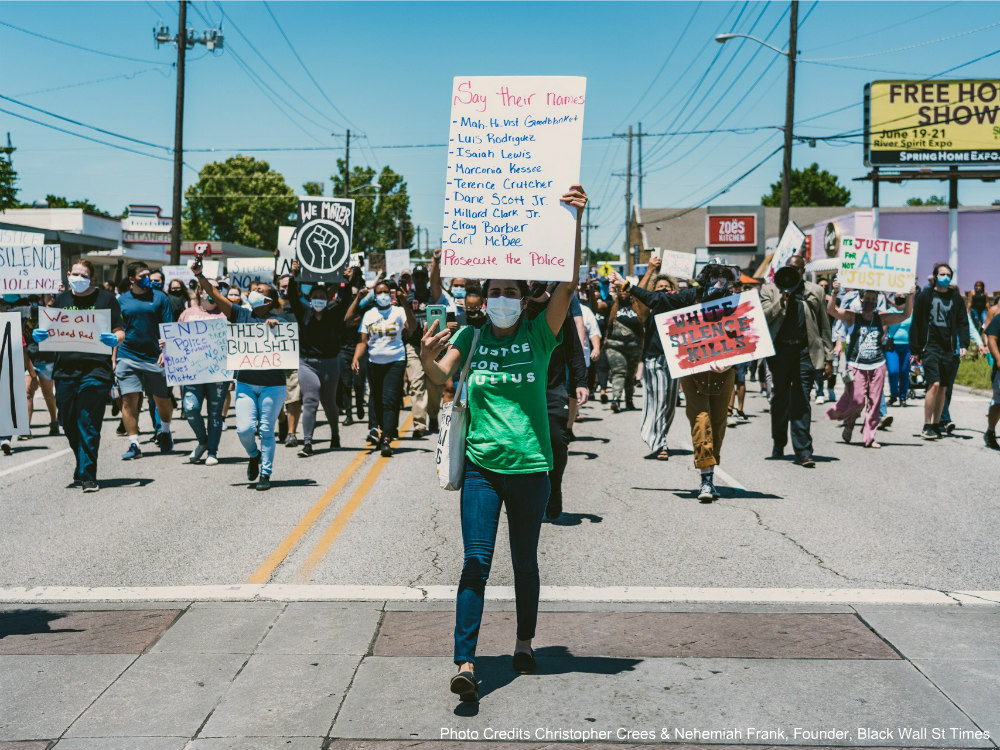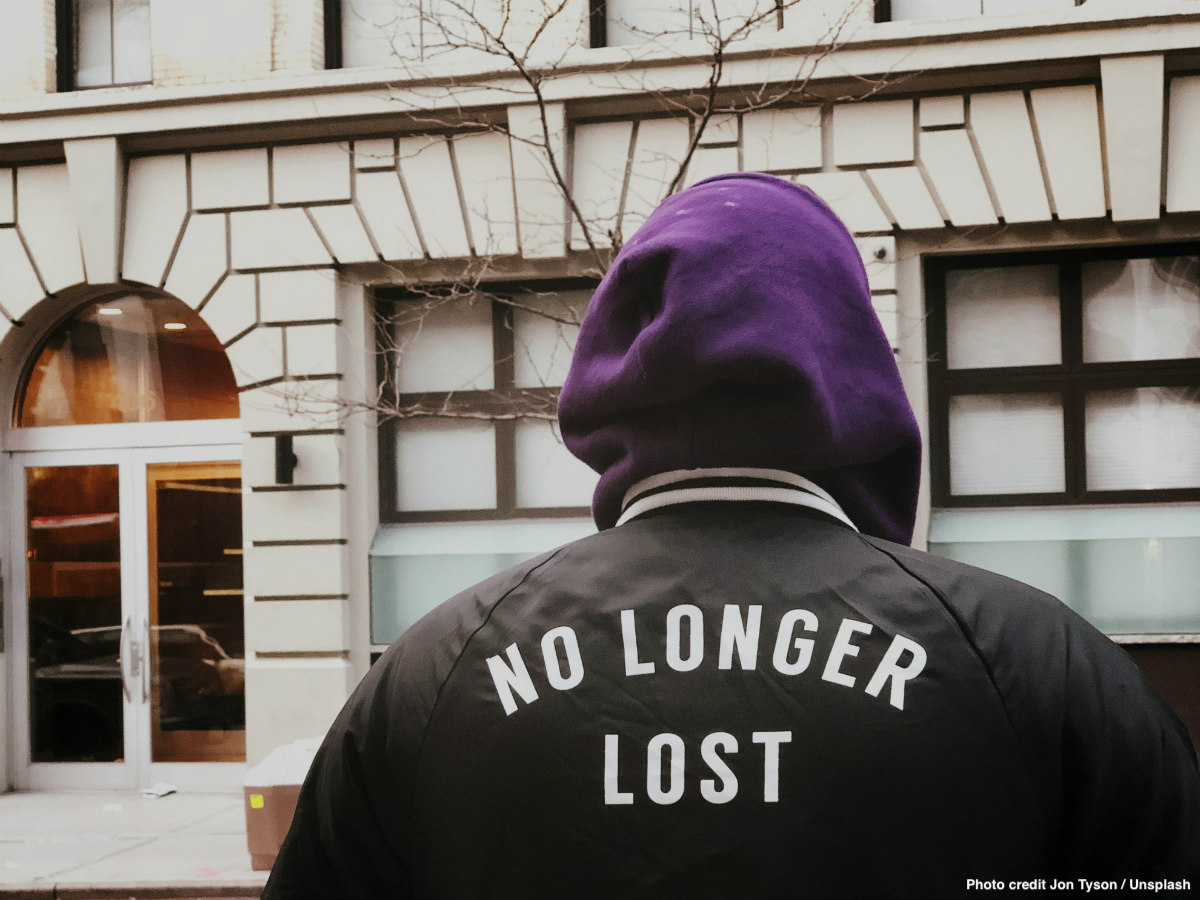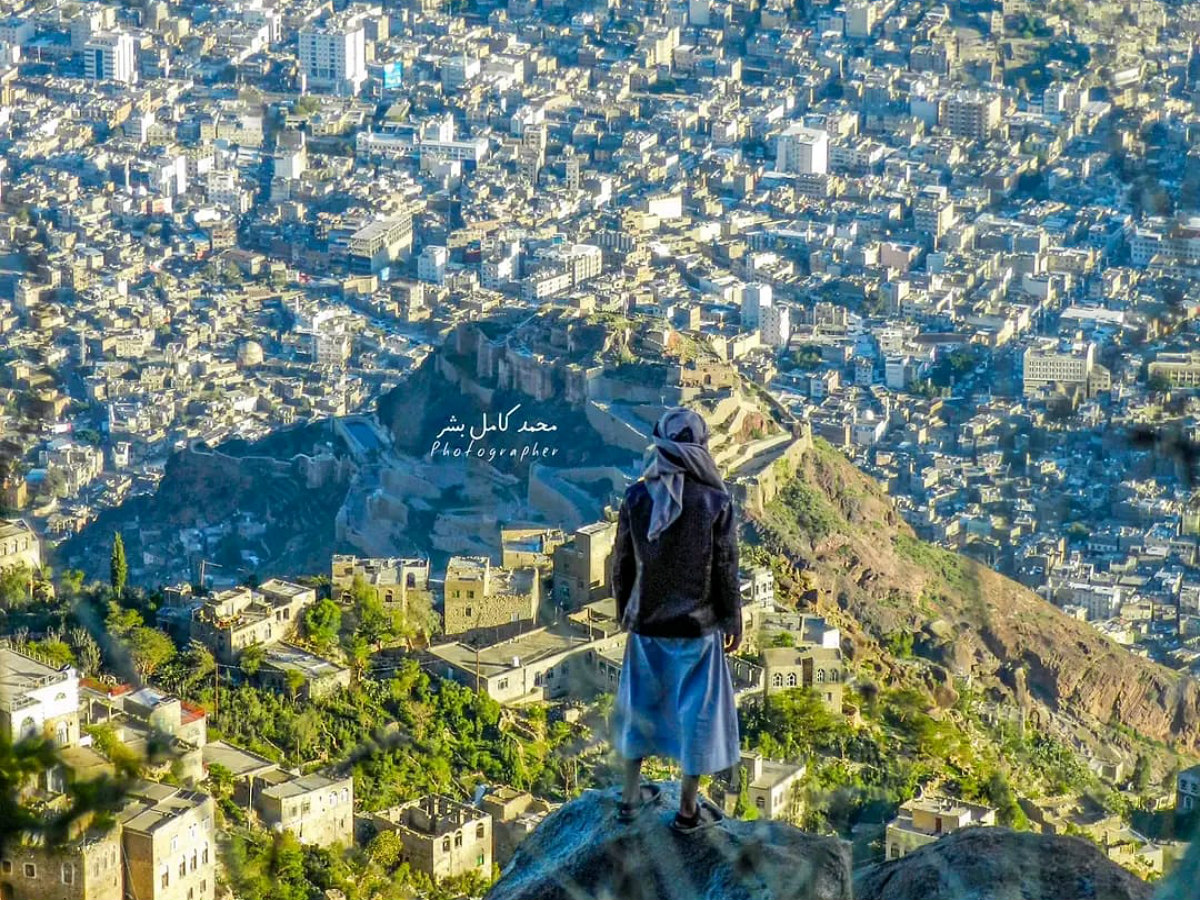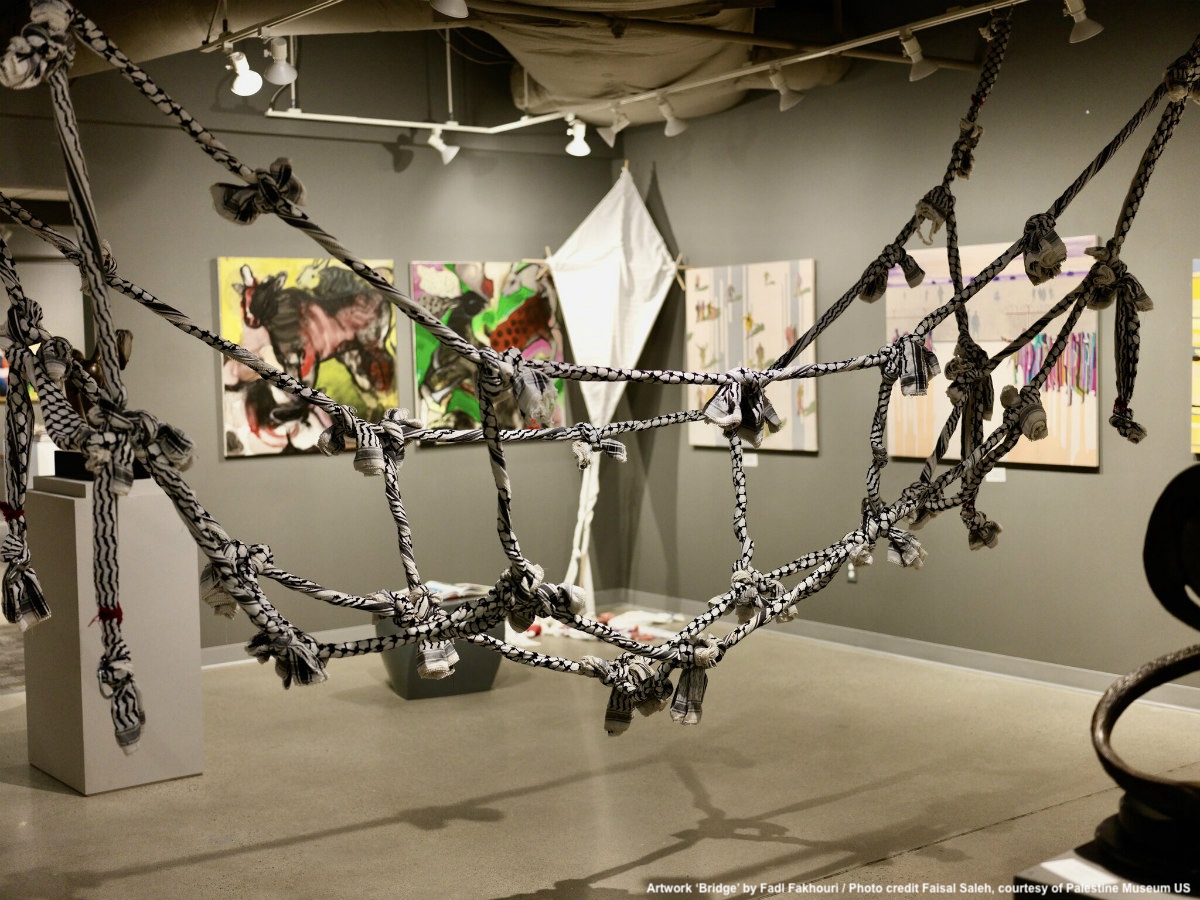The fight for racial justice in cities may have reached a tipping point. Last week the disturbing death of another Afro-American citizen would have probably ended up only joining the endless list of victims of police violence in the US.
But this time, citizens across the country are taking to the streets and raising their voices in response to the killing of George Floyd in the midst of the Covid-19 crisis, which has disproportionately affected communities of colour.
This unexpected heroism by unlikely people marching on the streets is also the result of the determined effort by community activists and organizations, and so many other unsung heroes, over the last years to raise awareness about racial justice in black communities. Enough is enough.
In Tulsa peaceful protests have culminated in concrete action. In a courageous move, Mayor GT Bynum and Tulsa Chief of Police Wendell Franklin agreed to meet community activists Greg Robinson and Nate Morris (Met Cares Foundation), Dr. Tiffany Crutcher (Terence Crutcher Foundation), Rev. Robert Turner (Historic Vernon AME Church) and Nehemiah Frank (founder of Black Wall Street Times) to recognize and root out the tragic effects of systemic racism. Accordingly, they have committed on specific steps to address police violence and social injustice in black communities.
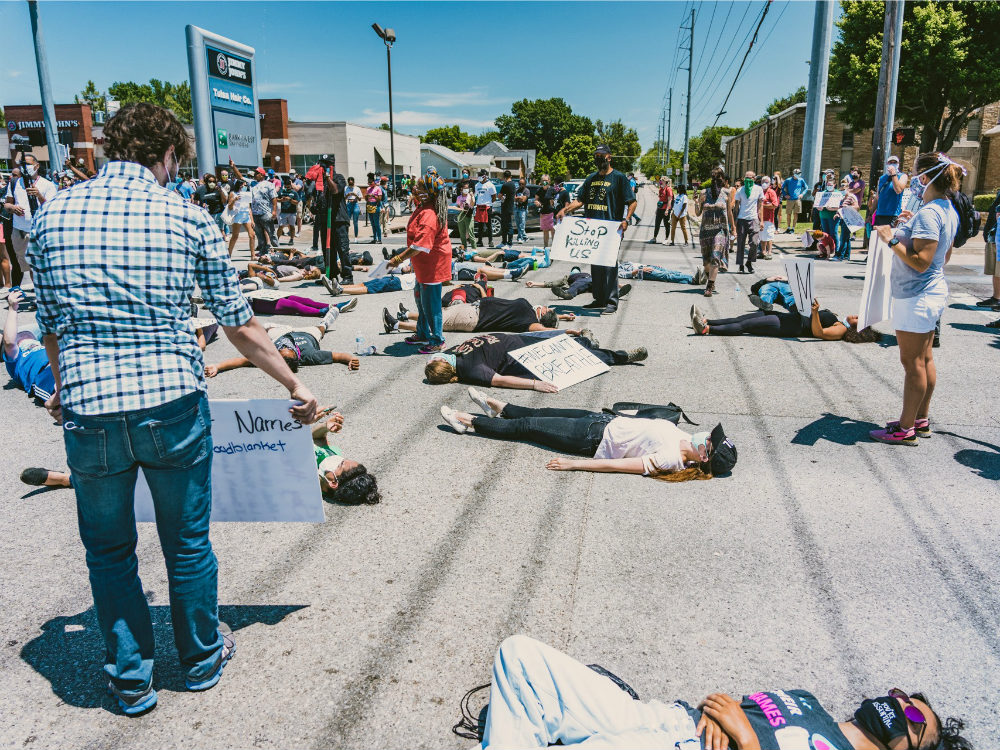
All this happened on the very same day of the 99th anniversary of the massacre of the Black Wall Street neighbourhood in Tulsa, one of the worst racial episodes of violence and property dispossession in U.S. history. The community was bombed and burned to the ground by white mobs after a black man was unfairly accused of sexually assaulting a white woman. This coincidence has made protests and demands for action in Tulsa specially powerful.
‘We are not interested in commemorating the anniversary of the massacre. We rather want to ensure that the next years of Tulsa’s history will be better for black people than the last hundred’, says Greg Robinson, one of the powerful voices to speak to the Mayor.
The power of collective voices make communities thrive
Greg Robinson organizes community engagement within the Met Cares foundation. Since 2015 Met Cares is committed to changing the lives of North Tulsa families for the better and to re-establish the greatness of Black Wall Street by focussing on education, economic opportunity and deep community ownership.
‘To achieve community ownership we identify other community leaders (teachers, parents, activists). We train them with the belief that they can take control of their own community and dismantle the system of white supremacy’.
It is usually white people who make the decision about who to appoint, the resources they will be given, what they can say and do. So we are basically forcing ourselves on the table and we are claiming that our intellect is as good as theirs, smiles Robinson.
That sense of community ownership existed in Black Wall Street almost one hundred years ago. It was a thriving and self-sufficient community, which was made up of black-owned businesses, churches and homes. Tulsa was known as the greatest concentration of black wealth in the United States.
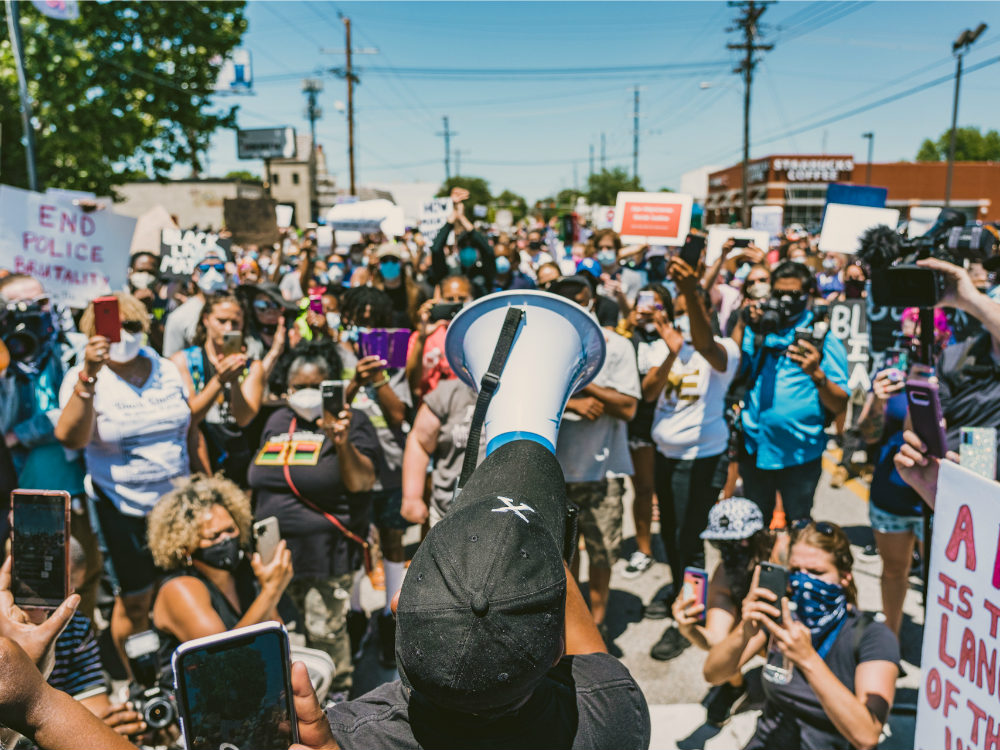
Nowadays Tulsa echos the effects of systemic racism embedded in white urban planning causing socio-economic disparities throughout the city. The south side has been cut off from the north side where most black communities live. This part has been left with few grocery stores, little middle-income housing opportunities and schools suffering the consequences.
Abusive police intimidation targeting black people has been going on for generations and it has diminished the potential to uplift the black community, pointed out Ricco Wright once to me, another activist in the neighbourhood and founder of the Black Wall Street Gallery.
Unfortunately we live in two different cities. We have been intensely battling for the spirit of ONE TULSA. Our philosophy has been to identify the critical issues, bring those policy makers to listen to us, educate them about those facts, and finally, put a policy recommendation forward, explains Robinson.
Real change has to be achieved with real policies and by disrupting organisational norms inside the city administration. Tulsa has created an Office of Resilience and Equity, although eight of the nine districts are represented by white people. The Met Cares foundation has been holding community listening sessions where city decision makers sit at tables and listen to the wants and needs of the people they serve. City decision makers have to understand their whiteness because it has an impact on assumptions and decisions on communities of people of colour.
Being white allies to step out for racial justice takes work
‘Change is a long road ahead, but the peaceful protest of last weekend has been very crucial for us. We have capitalized on that energy in a productive way to meet the Mayor of Tulsa. He committed to our four main demands’, confirms Robinson.
First, the creation of a body responsible for independent oversight and accountability of police misconduct, able to monitor police investigation. It will give the black community a trust value because it holds officers accountable.
Second, community activists have pushed for a divestment in funding for enforcement and instead into mental health. In the US funding is increasingly destined to support jails. In fact, Oklahoma state has the highest number per capita of women incarcerated in the world. However, over policing has not made black communities safer but rather disengaging, creating insecurity (people fear for their lives even at home) and provoking, as a consequence, mental health issues. The Covid-19 crisis has exacerbated this anxiety.
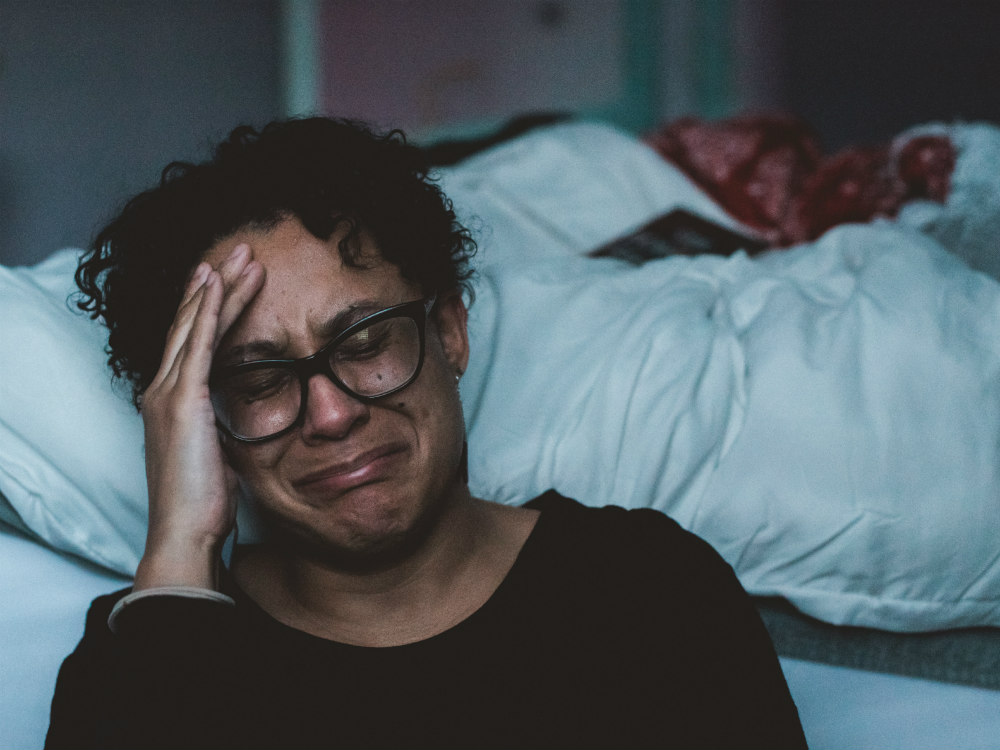
‘Our police are a kind of paramilitary instead of a more peace keeping approach. We need less enforcement but more investment in mental health issues. In the US someone has decided that the opioid crisis is a mental health crisis because it affects white people. But when it comes to people of colour, their uprising, their harassment, their increasing incarceration, is not seen as a mental health crisis by governments and institutions’, says Robinson.
And finally, the mayor has conceded the cancellation of the contract with a national TV cable show called live PD, which shows police activity during arrest. ‘We believe that the work of police officers, mostly in black communities areas, should not be commercialized’, argues Robinson.
In Tulsa city officials have been responsive to people’s requests thanks to the incredible mobilization by community activists like Greg Robinson. These voices have laid the ground to demand meaningful direct actions that bring about the real change in racial justice that Tulsa needs. ‘We don’t need empty gestures. We need POLICY’.
